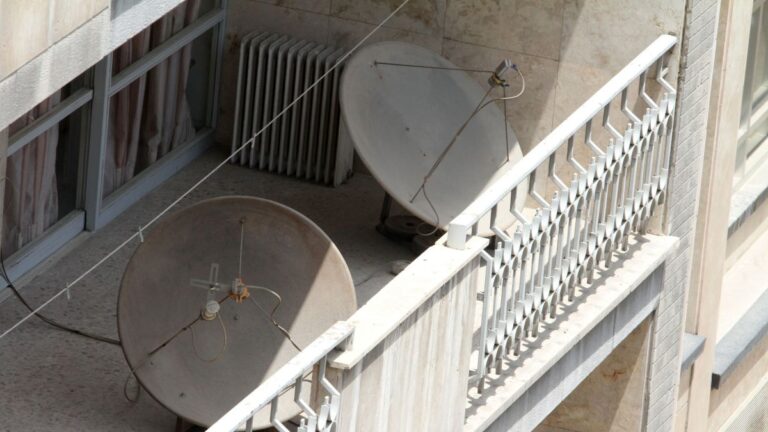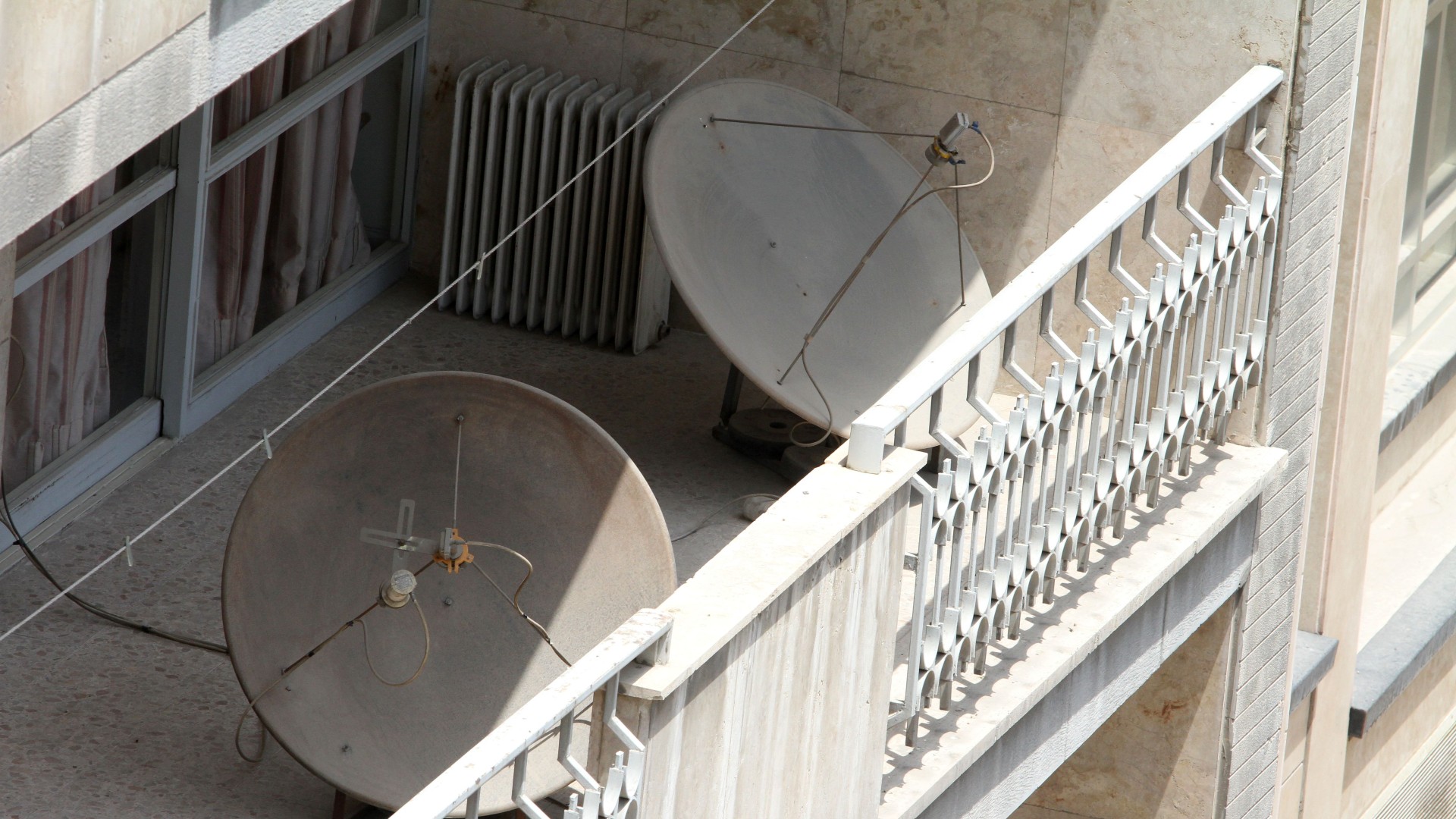
[ad_1]

French satellite giant Eutelsat has claimed that two of its satellites are being jammed from within the Islamic Republic of Iran.
Eutelsat is among the world’s largest satellite operators and broadcasts thousands of television and radio stations throughout Europe, the Middle East, Africa and Asia. In a statement published on Friday (opens in new tab) (Oct. 7), Eutelsat claims it has “been experiencing jamming on two of its satellites” and that this interference “originated in Iran.” Typically, this is achieved by bombarding a satellite and/or its receivers with noise on the same radio frequency as its intended transmissions.
The satellites in question are used to broadcast Persian-language television and radio news stations from outside of Iran. The allegation comes as widespread protests spill into their third week following the death of an Iranian-Kurdish woman detained by Iran’s morality police.
Related: Elon Musk says Russia is ramping up cyberattacks on SpaceX’s Starlink systems in Ukraine
In the statement, Eutelset claims the jamming signals “harmfully affect the transmission of several digital TV and radio channels broadcasting in Persian from outside of Iran, as well as other channels.” After conducting an independent analysis using a “specially designed interference detection system,” Eutelsat is confident that the interference signals originate from within Iran, according to the statement.
Subsequently, Eutelsat has “immediately notified the relevant authorities in the Islamic Republic of Iran” in order to demand that the jamming operations are “immediately and permanently stopped.” According to the statement, Eutelsat has informed Iranian authorities that this type of intentional jamming is explicitly prohibited by the ITU. The ITU’s definitions of interference and jamming as well as their regulations concerning them can be found on the agency’s website (opens in new tab).
Protests throughout Iran have been ongoing following the death of Mahsa Amini, a 22-year-old Iranian woman who died while in police custody after being detained for being “inappropriately dressed,” according to The Washington Post (opens in new tab). Amini’s death led to widespread protests against Iran’s hard-line morality laws, causing government crackdowns that have led to increased censorship of social media and other digital communication.
Following the crackdowns, many public figures have expressed support for increasing internet freedoms and the free flow of information in Iran. U.S. Secretary of State Anthony Blinken tweeted on Sept. 23 (opens in new tab) that the United States government has taken steps to provide Iranians with “greater access to digital communications to counter the Iranian government’s censorship.”
In response to Blinken, SpaceX founder and CEO Elon Musk tweeted (opens in new tab) that he was “Activating Starlink,” presumably meaning SpaceX was attempting to bolster Iranians’ access to the internet in response to government crackdowns. (Starlink has provided similar services to Ukraine during Russia’s ongoing invasion.) As Futurism and other outlets pointed out, however, providing Starlink internet service to the Iranian people would require physical Starlink terminals and subscription services, neither of which are currently available (opens in new tab) to Iranians.
Eutelsat says it is working “around the clock” to remedy the issue and mitigate the effects of the jamming.
Follow Brett on Twitter at @bretttingley (opens in new tab). Follow us on Twitter @Spacedotcom (opens in new tab) or on Facebook (opens in new tab).
[ad_2]